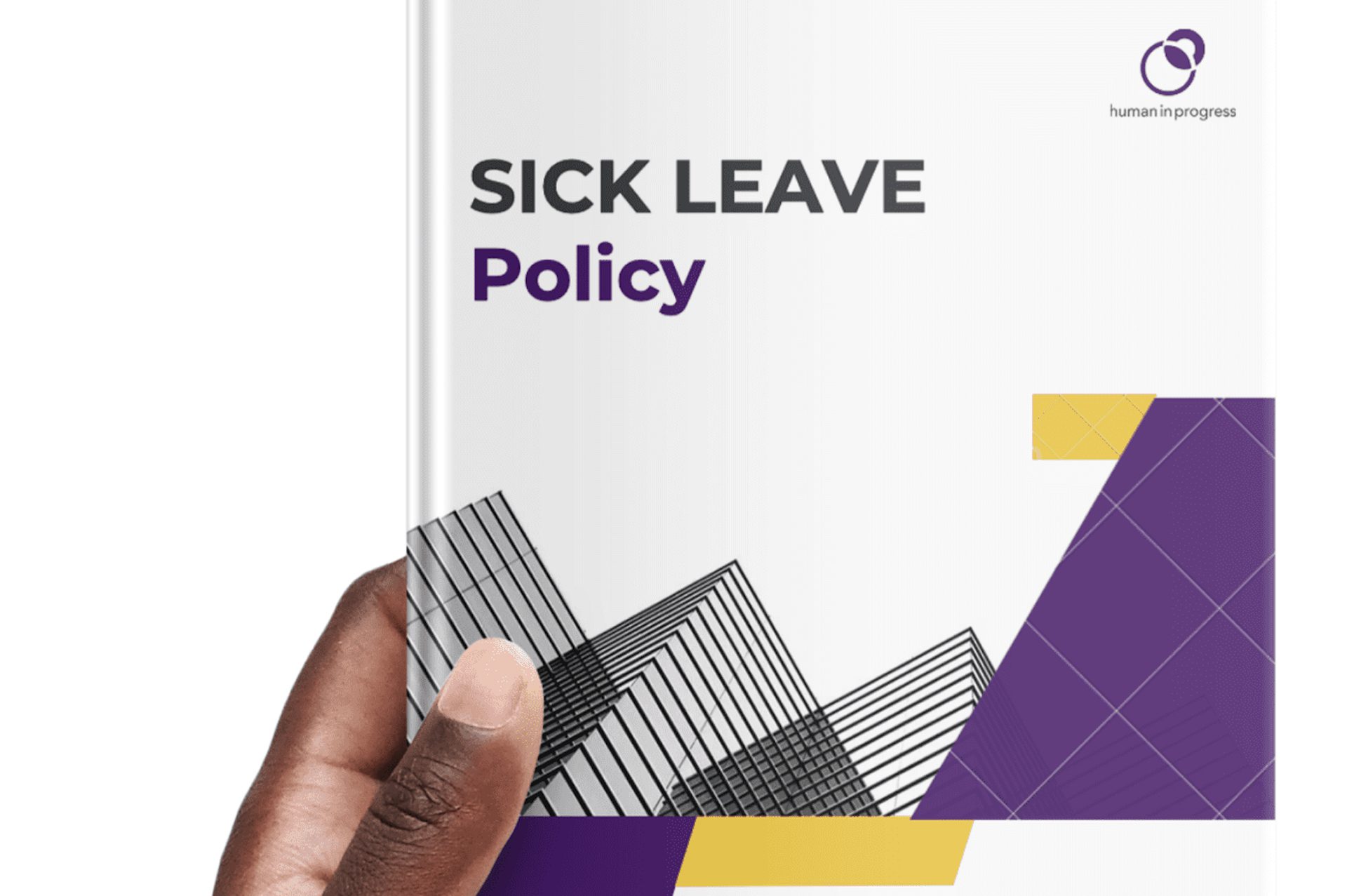
Artikel
08
november
I Used AI Tech To Find My Own Cancer Clinical Trial, and You Can Too

My phone chimed with a notification, signaling the availability of a new CT test result in my online health portal. “Multiple bilateral pulmonary nodules measuring up to 8mm. May represent metastatic disease.”
This was several weeks after my very first mammogram–which I underwent shortly after my 40th birthday–detected an anomaly on my left breast. I soon learned I had what are called “dense” breasts, which means I have compact breast tissue and typical imaging isn’t the best screening for me. My doctor ordered an MRI, which revealed a five-centimeter tumor on the right side, accompanied by lymph-node involvement.
The results of the CT scan meant there was a possibility that I didn’t just have breast cancer, I could have breast cancer that had already spread to another part of my body. This type of cancer is called metastatic, and there’s no cure. I spent the next seven weeks in a state of utter panic, while also trying to maintain a sense of normalcy for my daughter, who was only four at the time, and work full-time leading marketing for a tech startup.
Fast forward to diagnosis, and metastasis was ruled out. Suddenly, I had hope—as well as a million questions. I knew I needed to advocate for myself to get the answers.
While both my mother and great-grandmother experienced early-stage, premenopausal breast cancer, it wasn’t something we regularly discussed. But I knew of their diagnoses and my potential risk and I joined many women in my generation who are now getting tested for BRCA–also known as the hereditary breast cancer gene–in my 30s. Fortunately, I was negative for the mutation. But, I still didn’t have the answers I needed. It was only after my breast cancer diagnosis that I learned I should have started mammograms at age 34 based on my family history. I was six years late, which started me thinking, “What else don’t I know about my own health history? And, what else hasn’t my doctor told me about?”
I knew the healthcare system in this country was overwhelmed so I quickly learned the importance of being an informed advocate for my own care. I used my 15 years of experience working in tech and marketing–and my relentless research skills–to get a “master’s degree” in breast cancer recurrence. One day I was scrolling through one of the early-stage breast cancer Facebook groups I belonged to and I saw someone recommend a free, artificial intelligence (AI) cancer navigation app. Curious, I downloaded the app. I answered a short questionnaire about my health history and the app fed me a treatment plan based upon my diagnosis.
One day not long after, I was scrolling through the app while in the carpool pick-up line for my daughter and I got an alert: “A new clinical trial might be a fit for you!” There was a drug already approved for metastatic patients that was now being tested on patients like me–survivors of early-stage breast cancer–in an effort to prevent a recurrence. I poured through the information and started to get excited.
I brought it up to my oncologist on my next visit. “That’s not a fit for you,” he said. I showed him the app which shared the trial’s inclusion and exclusion criteria. It made him pause. There was a physician’s assistant in the room as well; she looked up the trial on her computer and agreed with me that it could be a fit. By the time I reached my car in the parking garage, I had a call from the trial site asking me to come in. I ended up matching to the trial, which I was on for four years, and recently announced promising results. Currently, my health is very good.
But, the reality is that I have all of the privilege in the world. I received my care at a designated National Cancer Institute, and had the ability to seek not one but two second opinions after my original diagnosis. Despite this access to care, no oncologist ever mentioned a clinical trial to me. I found it myself, and I had to push to get on it. There’s a reason less than 5 percent of adult cancer patients enroll in a clinical trial and it’s usually because they just don’t know about them, or that they’re even an option. This is despite the fact that, for cancer patients, clinical trials are often considered the best treatment option.
I’m part of a new generation of breast cancer survivors familiar with how to leverage technology to access greater resources and health care professionals and the greater medical community must catch up to support our patient journeys along the way.
Today, I’m a proud survivor, a self-advocate, and a voice for others in my situation. I even left my job to join the company whose app matched me to my trial, leading our patient advocacy work. I’m here to assure others that they, too, can persist and thrive beyond a cancer diagnosis.
Photo: Main_sail, Getty Images
What's your reaction ?
Follow us on Social Media
Some Categories
Recent posts

July 24, 2024
Navigating AI Implementation: Try these strategies to overcome resistance.

July 24, 2024
Sick Leave Policy Netherlands Guidance for HR and Entrepreneur.

July 24, 2024
CSRD Reporting: Mandatory Reporting on Corporate Sustainability.

July 24, 2024
Training Budget: Investing in Employee Development.

July 24, 2024
9 Reasons Why Small Businesses Should Outsource HR.

 Inloggen
Inloggen
 Registreren
Registreren






Comments (0)
No reviews found
Add Comment